Source Talks is a series where we discuss deal origination with PE and M&A pros, in collaboration with David M. Toll.
In this episode, we speak with John Novak, Head of Investment Development and Capital Markets at Paine Schwartz, about the firm’s industry-focused investment strategy and the importance of technological development.
John, tell us about Paine Schwartz and the kinds of transactions that you do there.
We’re a little bit unique as a private equity firm where we’re entirely focused on the food and agriculture industry. It’s the only industry in which we invest, and we really focus on three main themes across food and agriculture. A lot of our more upstream kind of agricultural oriented activity is driven by a productivity and sustainability thesis. So essentially products or technologies or services that can help farmers produce more food, limited resources, and do it in a more sustainable way. Over time, we’ve migrated more downstream into more consumer facing food and beverage businesses. And then the third theme for us is really increasing need for data and information transparency across the food and ag value chains. And then my role on the sourcing investment development side is really trying to be the interface with intermediaries to understand what transactions might be actionable. And technology plays a big role in that. I think one of the key technology tools we use is Sutton Place Strategies, which really helps me prioritize my time on intermediaries who are most active in our sector, and also identify other private equity owned businesses in the sector that could be targets for us down the road.
John, what has been the key to staying busy?
Over the last few years, no two deals have looked alike for us. Nothing’s really been right down the middle of the fairway. We’ve been able to make some growth equity investments in some earlier stage businesses. We’ve been able to do some structured equity investments in partnerships with families in their businesses. And then we’ve also executed two take-private transactions, which hadn’t historically been a big area of focus for us, but in the current environment has been a pretty attractive source of deal flow for us. A recent example I think is really our most recent platform acquisition, which was a company called Costa Group, which is the largest fresh produce business in Australia. And I think that also exemplifies our ability to look outside the US or outside North America for opportunities within our sector.
And Costa is an interesting story because we originally invested in the business over a decade ago in partnership with the family and helped them grow the business and took it public in 2015 in Australia. And we exited our investment over time, but about 18 months or so ago, we saw the valuation of the company get down to a level that we didn’t think made sense. We thought it was disconnected from the fundamentals of the business. And so, we took a stake back in the public company and started working with management and the board on a take-private transaction. The company’s really developed a lot since we originally invested in the business again over a decade ago. It’s become much more of an international business in their expansion outside of Australia. And that’s something I think we’d look to continue along with our partners.
What’s your top tip for a BD professional who is just starting out?
Always carrying something with you to make a note, and to follow up on an opportunity or an idea that you hear was a great piece of advice that I’ve gotten, and it’s actually led to a couple of really interesting opportunities for us. So that’s the simplest piece of advice I can give.

